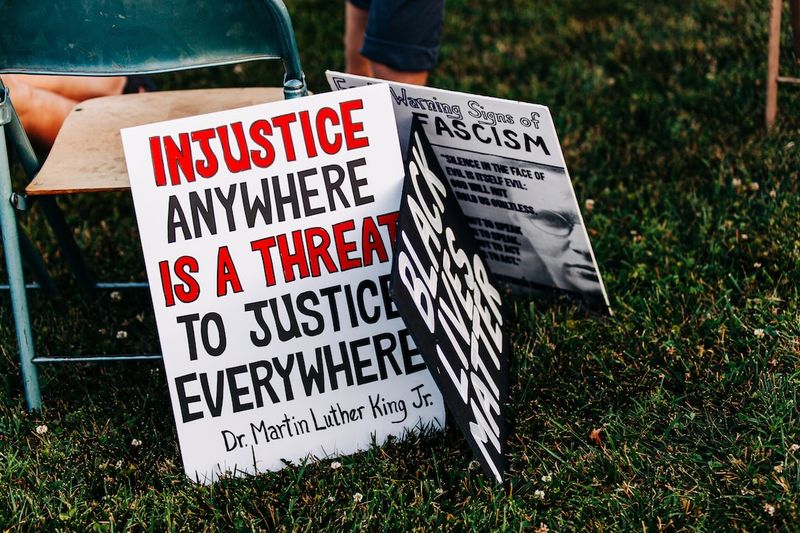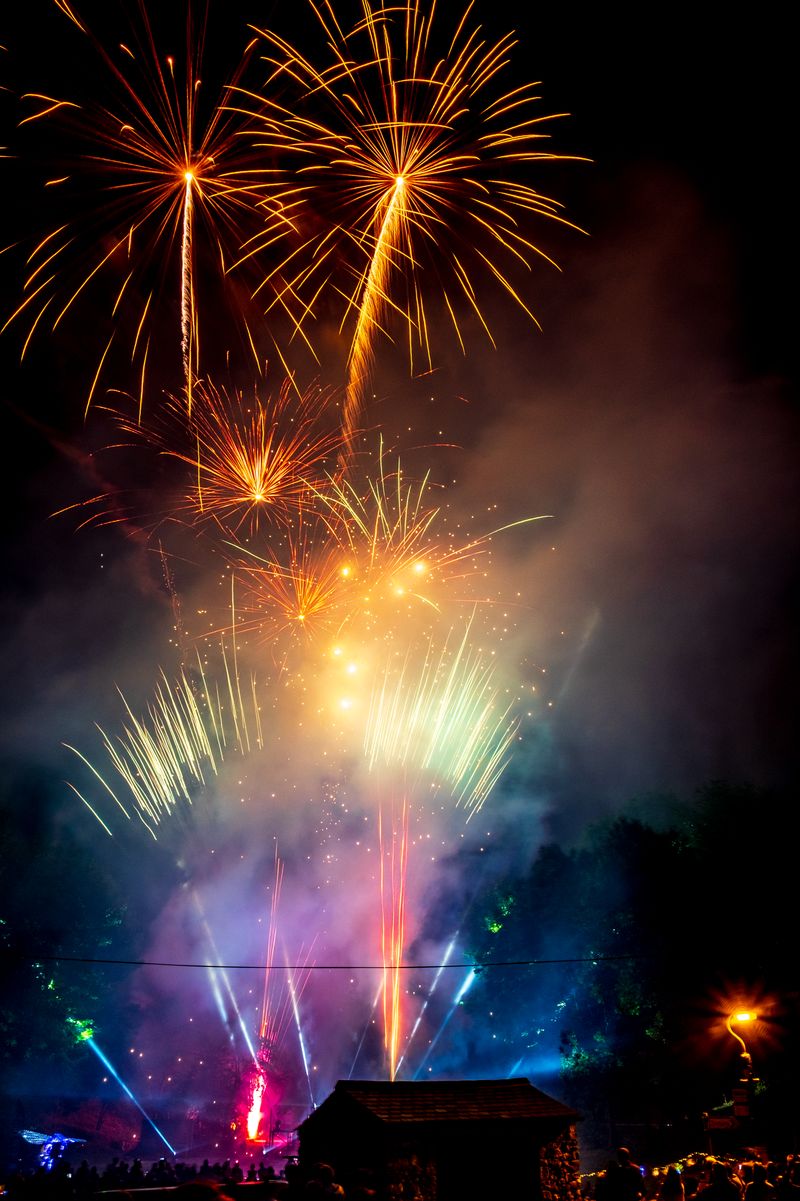Is there a safe social media platform for Black people?
Three years ago, I posed the question of whether there would ever be a safe social media platform for Black people. Recent events in social media have brought this question back to the forefront. The upheaval caused by Elon Musk’s actions as the owner of Twitter has led to a Great Migration from the app that has dominated Black social media discourse for a decade. But what comes next? Is there a replacement for Twitter that can provide the safe space Black users have been longing for?
The problems with Twitter under Elon Musk’s ownership
It was not surprising to see the problems at Twitter emerge after Musk acquired the company in October 2022. Musk has a history of catering to conspiracy theorists and anti-Black trolls, which has led to a significant increase in hate speech directed at Black users. In addition, the user interface issues, such as the useless “For You” section and the public content in Twitter Circles, have made the platform more hostile towards those advocating for Black voices.
The search for new safe spaces
As a result of these issues, many Black users have been searching for alternative platforms that provide a sense of safety and community. One such platform is Bluesky, created by Twitter’s former CEO Jack Dorsey. Although still in invite-only beta mode, Bluesky offers a familiar interface with limited interactions. Another platform called Spill, created by former Twitter employees, focuses specifically on providing a social media space for Black folks.
The promise of Bluesky and Spill
Bluesky offers a simple platform similar to the early days of Twitter, while Spill provides a space that feels uniquely Black and safe. Both platforms have their advantages and drawbacks. Bluesky’s invite-only nature makes it difficult to connect with friends from other platforms, while Spill’s cluttered interface can be overwhelming for newcomers. However, these platforms represent the potential for a new world of social media.
Threads as a powerful competitor
Meta’s Threads platform, a direct competitor to Twitter, has the advantage of allowing users to integrate their followers from Instagram automatically. It has already garnered over 150 million downloads, making it the fastest-growing app. This success poses a threat to the excitement surrounding Spill and its potential to provide a safe space for Black users.
Spill as a niche safe space
While Threads may overshadow Spill, it doesn’t necessarily mean doom for the platform. Spill can thrive as a niche site dedicated to the Black users who helped it gain popularity in the first place. Rather than trying to replace Twitter or compete with Threads, Spill can serve as a supplemental platform where Black users can be themselves without worrying about the abuse and discrimination they face elsewhere on the internet.
User fatigue and the quest for safe spaces
As new social media platforms emerge, users are faced with the challenge of managing multiple apps and finding a routine that works for them. While Twitter still serves as a space for news and connections with friends, the search for safe spaces continues. Black users are in need of spaces where they can freely express themselves without being subjected to hate speech and discrimination.
Maintaining safe spaces
The success and sustainability of these new platforms depend on their ability to prioritize the safety and well-being of Black users. If these platforms prioritize download counts over supporting inclusive and affirming sentiments, they risk alienating their key demographic. It is essential for platform developers to take a lesson from Musk’s mistakes and treat Black users with respect and care. Only then can these platforms truly provide the safe space that Black people have been longing for.
David Dennis Jr. is a senior writer at Andscape and an American Mosaic Journalism Prize recipient. His book, The Movement Made Us, will be released in 2022. David is a graduate of Davidson College.

<< photo by Duncan Shaffer >>
The image is for illustrative purposes only and does not depict the actual situation.




